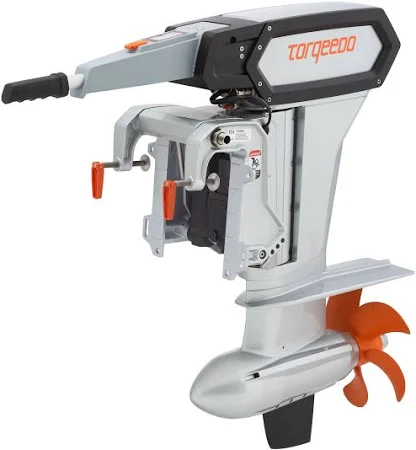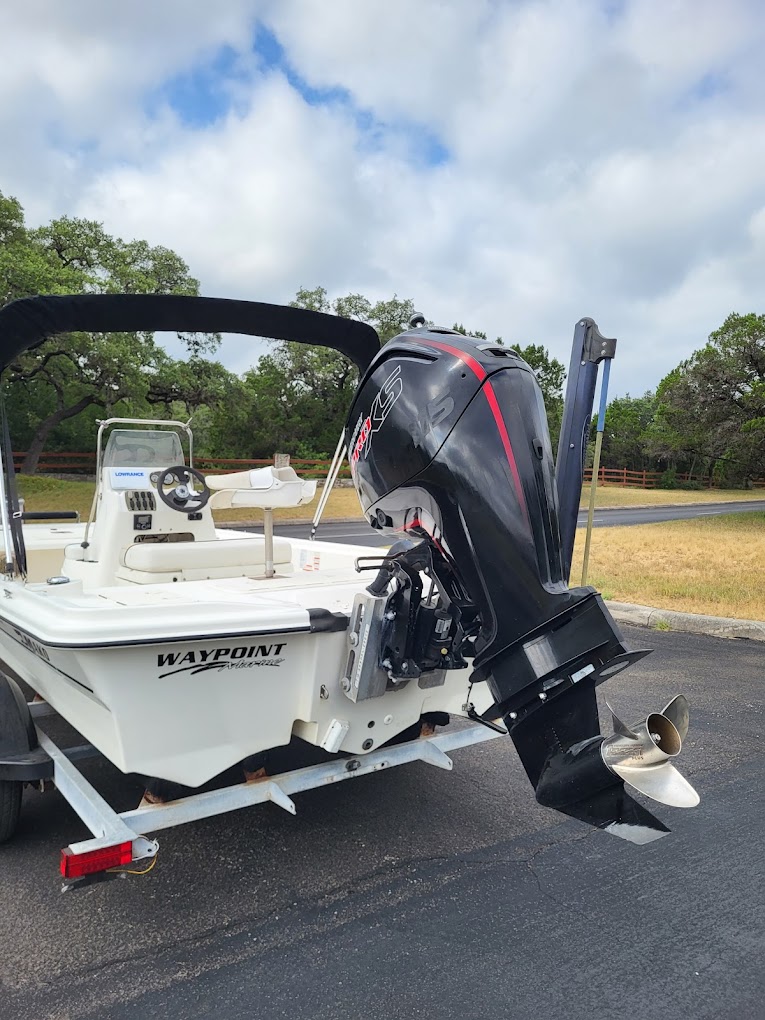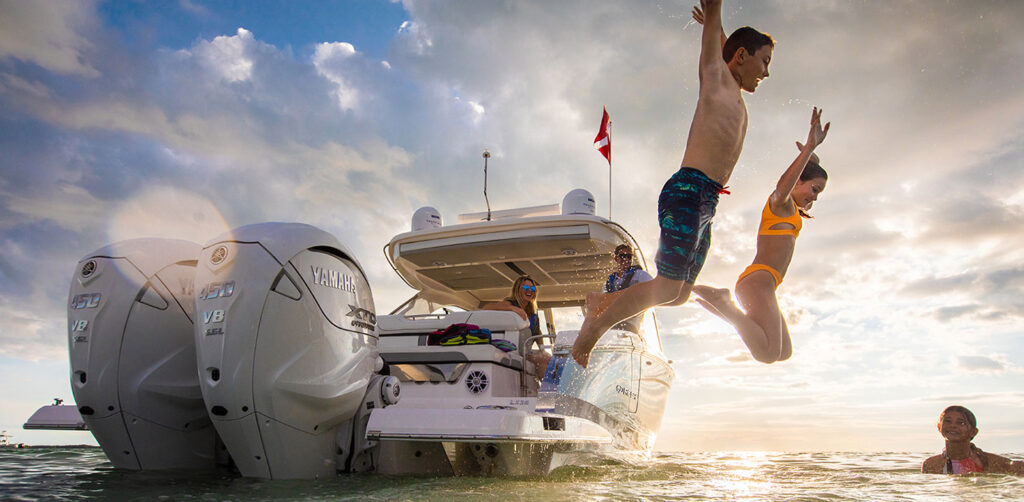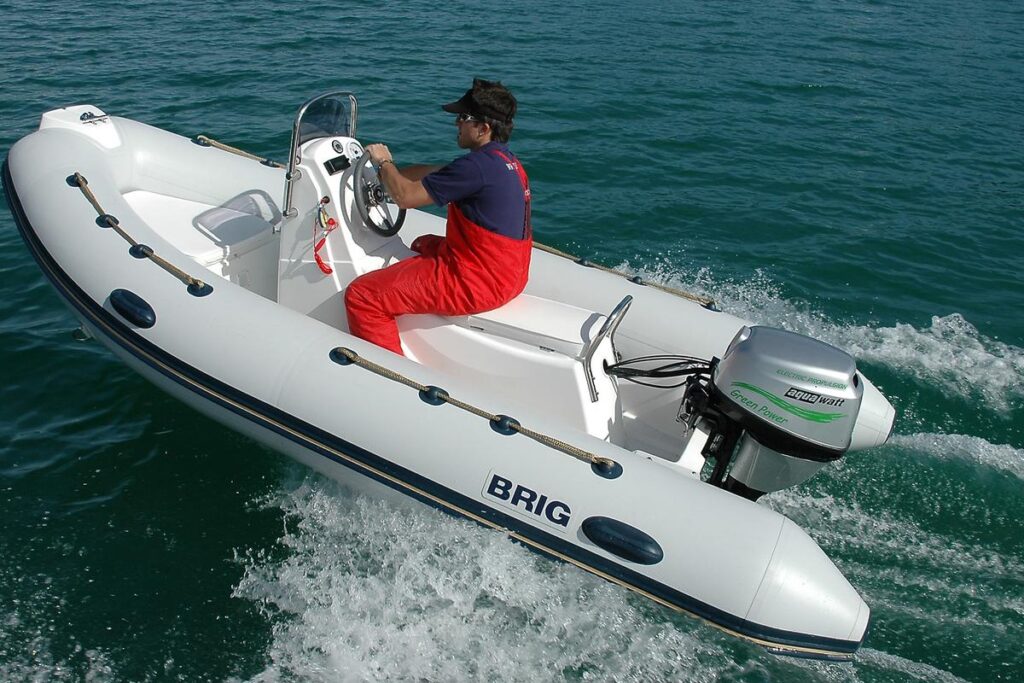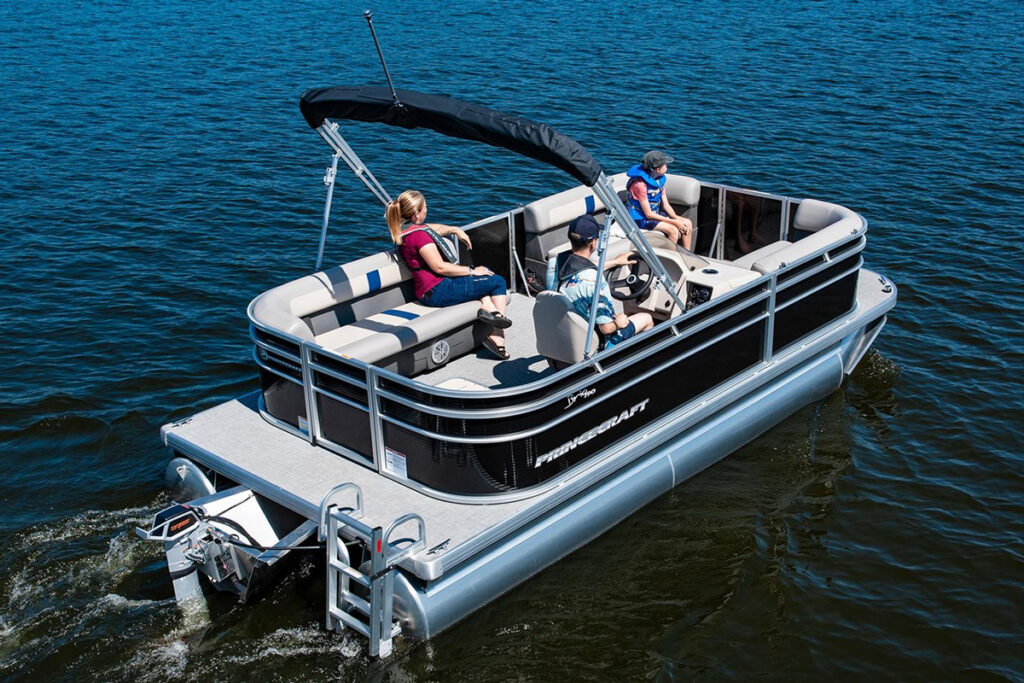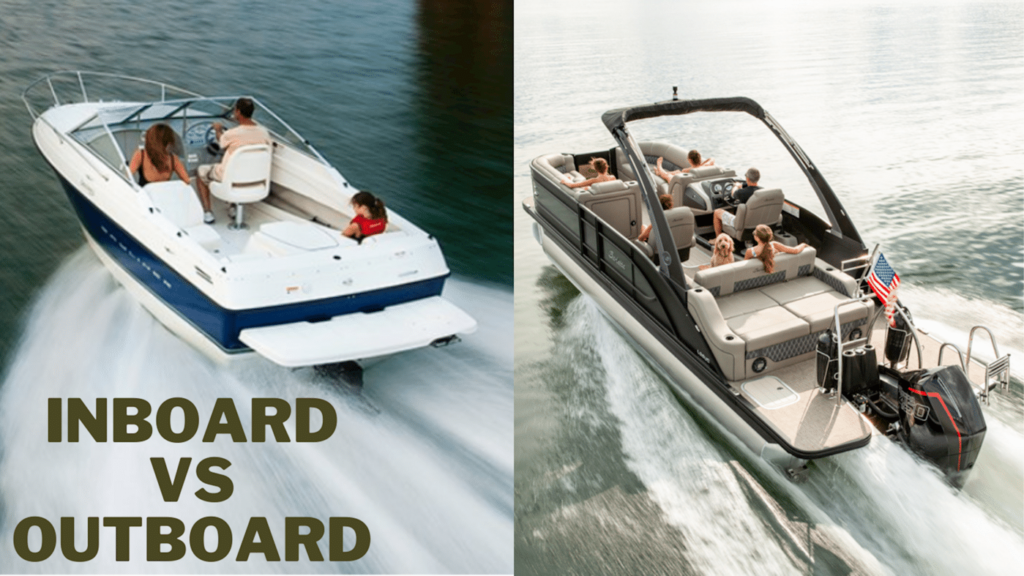Boating Motors Prime Electric Auto
Boating Motors As the boating industry navigates through an era of environmental consciousness and technological advancement, electric outboards are emerging as a compelling alternative to traditional gas-powered motors. With their promise of reduced emissions, quieter operation, and lower maintenance costs, electric outboards are positioning themselves as a sustainable option for both recreational and commercial boating.
Boaters and manufacturers alike are increasingly considering the potential of these innovative motors to transform the waterways, leading to a significant shift in how we power our vessels. Let’s look at boating motors and discuss whether electric outboards are the future of boating.
Environmental Benefits of Electric Outboards
Electric outboards offer substantial environmental benefits that position them as a favorable choice for modern boaters. First and foremost, these motors produce zero direct emissions, significantly reducing the release of harmful pollutants into the air and water. This cleaner operation helps preserve aquatic ecosystems and improves air quality, particularly in heavily trafficked areas where traditional motor emissions can accumulate.
Additionally, electric motors operate much more quietly than their gas-powered counterparts, thereby minimizing noise pollution that can disrupt marine life and contribute to the stress of underwater creatures. The reduced reliance on fossil fuels also means a reduction in oil spills and fuel leaks, which can harm wildlife and degrade water quality. As a result, electric outboards represent a crucial step forward in environmentally responsible boating.
Cost Efficiency and Maintenance Advantages
Electric outboards not only promise environmental benefits but also offer significant cost efficiency and maintenance advantages. Unlike traditional motors that require regular oil changes and fuel treatments, electric motors have fewer moving parts, which reduces the frequency and cost of maintenance. This simplicity in design leads to fewer mechanical failures, ensuring a more reliable performance over prolonged periods.
Furthermore, the cost of electricity is typically lower than gasoline, which can result in substantial savings in fuel expenses over time. Many governments and organizations provide subsidies and incentives for adopting electric technologies, potentially lowering initial investment costs. As technology continues to evolve, the efficiency and storage capacity of batteries will also improve, making electric outboards an increasingly practical choice for cost-conscious boaters.
Technological Advancements in Electric Motors
Recent technological advancements in electric motors are propelling these innovative power sources to the forefront of the boating industry. One significant development is the enhancement of battery technology, where lithium-ion batteries are becoming more efficient, lighter, and longer-lasting. These improvements allow electric outboards to deliver impressive power and range, making them suitable for a wider variety of vessels and boating activities. Additionally, the integration of smart technology is transforming how boaters interact with their motors.
Features like real-time diagnostics, GPS integration, and mobile app connectivity provide users with valuable insights into performance, optimizing navigation and energy management. As technology progresses, further innovations are expected to emerge that enhance the reliability, efficiency, and accessibility of electric outboards, solidifying their role as a mainstream choice for future boating solutions.
Comparing Performance: Electric vs. Gas-Powered Motors
When comparing the performance of electric and gas-powered motors, several factors emerge. Electric outboards provide a distinct advantage with their immediate torque delivery, ensuring swift acceleration and smooth operation. Despite this, traditional gas motors continue to excel in terms of ultimate power output, offering greater top speeds and longer ranges, which is especially beneficial for larger vessels and long-distance trips. However, advancements in battery technology are gradually bridging this gap, extending the range and boosting the performance capabilities of electric motors.
Noise levels also set the two apart. Electric motors run almost silently, enhancing the boating experience by maintaining tranquility and reducing disturbances to both passengers and marine environments.
While gas motors retain an edge in raw power, electric motors are rapidly closing in, offering compelling benefits for eco-conscious boaters.
Market Trends and Adoption Rates
An encouraging shift in market trends and adoption rates mirrors the rise of electric outboards. As consumers become more environmentally aware, the demand for sustainable boating solutions is on the rise. This trend is supported by government regulations and incentives aimed at reducing carbon footprints, fostering an increase in the production and sales of electric outboards.
Manufacturers are investing heavily in research and development to improve efficiency, reliability, and affordability, making these motors more accessible to a broader audience. The recreational boating sector is particularly responsive, with more boaters choosing electric options for their eco-friendliness and low operational noise. As infrastructure for electric boats—such as charging stations—continues to expand, adoption rates are expected to climb steadily.
Challenges Facing Electric Outboard Implementation
While electric outboards present numerous advantages, several challenges impede their widespread implementation. The initial cost of electric motors remains high compared to traditional gas engines, which can deter potential buyers despite long-term savings. Additionally, the availability of charging infrastructure is not yet as widespread or convenient as fuel stations, posing a hurdle for longer voyages.
Battery limitations, including range and charging time, continue to be a concern, particularly for commercial operators requiring reliable and sustained power. Furthermore, innovations are still needed to tackle issues such as battery disposal and recycling to ensure the sustainability of the entire electric outboard lifecycle. Addressing these challenges is crucial for the broader acceptance and adoption of electric outboards in the boating industry.
The Future of Waterway Regulation and Policies
As electric outboards gain traction, waterway regulations and policies are poised for significant transformation. Governments worldwide are recognizing the necessity to adapt legislation to accommodate and encourage the shift toward cleaner boating technologies. Policies might include stricter emission limits on traditional engines, incentivizing the transition to electric propulsion.
Furthermore, investment in charging infrastructure is essential to support the growing electric outboard fleet. Regulations are also likely to focus on the safe disposal and recycling of batteries, ensuring the industry remains environmentally sustainable. Collaborative efforts between policymakers, manufacturers, and environmental groups will be crucial in developing comprehensive approaches that balance technological progression with environmental preservation, ultimately steering the boating industry toward a more sustainable future.
Electric outboards represent a promising evolution in the realm of boating motors, aligning with contemporary demands for sustainability and technological sophistication. The environmental benefits, coupled with cost efficiency and advancements in motor technology, position electric outboards as a viable alternative to traditional gas-powered engines. Although challenges such as initial cost and infrastructure barriers persist, the growing adoption rates suggest a favorable shift toward these innovative power solutions.
If you need e-propulsion electric outboards, Prime Electric Auto is the answer. Our electric outboards are designed to provide efficient, reliable, and eco-friendly power for all your boating needs. Visit our website or contact us today to learn more about our products and how we can help you choose the right motor for your vessel.
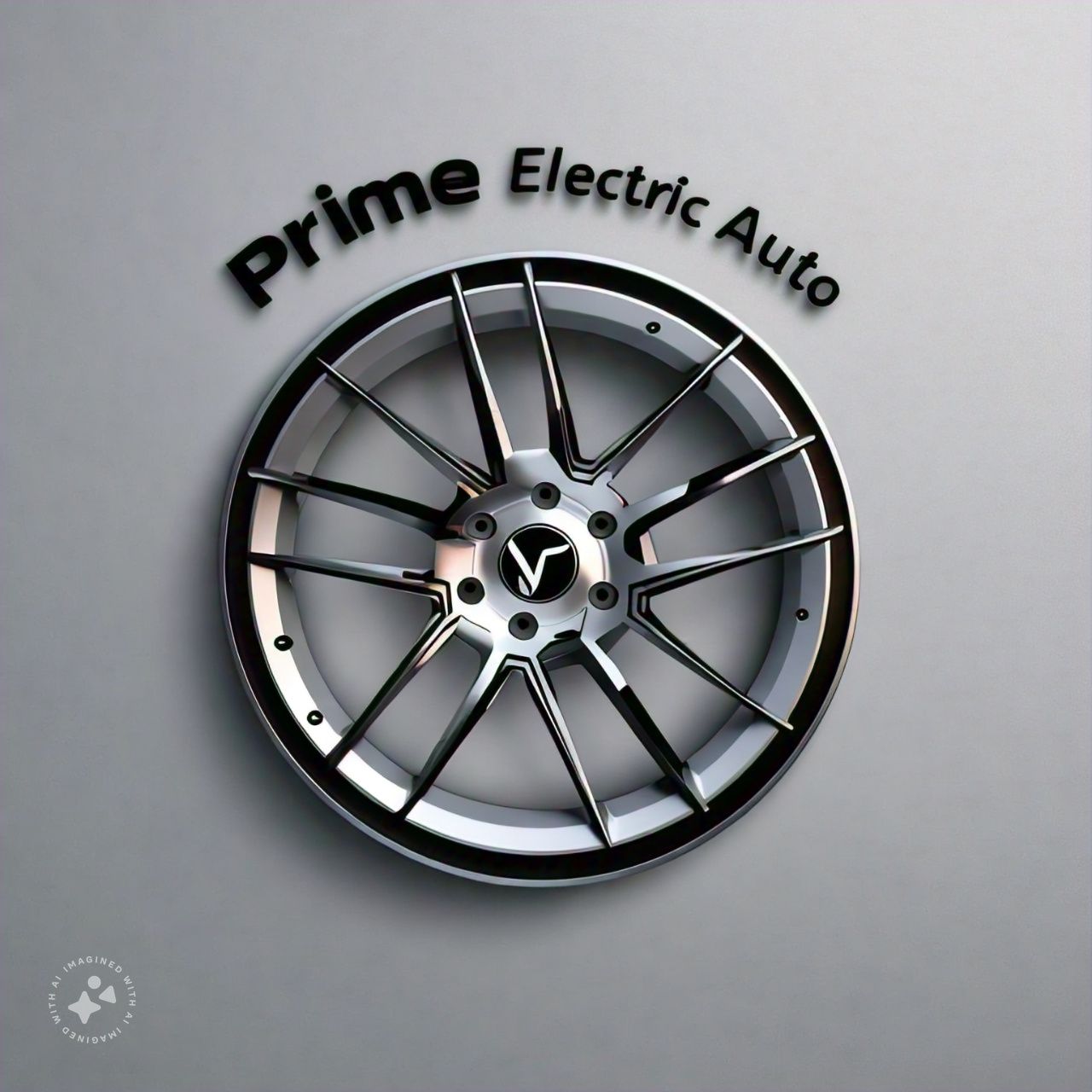
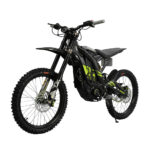 E-Moto
E-Moto E-Bikes
E-Bikes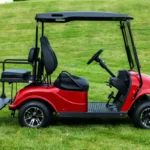
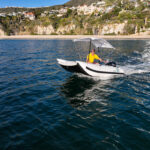

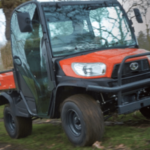 Utility Vehicles
Utility Vehicles
 Caravans
Caravans Touring Coaches
Touring Coaches Travel Trailers
Travel Trailers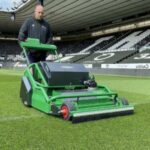 Mowers for Groundscare
Mowers for Groundscare Robotic Mowers
Robotic Mowers Golf Machinery
Golf Machinery Lawn & Turf Care
Lawn & Turf Care Commercial Ride-On Mowers
Commercial Ride-On Mowers